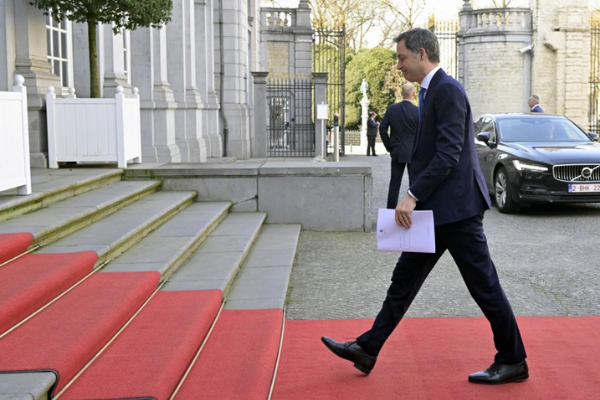As Europe’s energy crisis has seen energy prices go through the roof, the European Commission is pushing for purchases by the entire bloc (rather than by individual Member States) to get more advantageous deals.
According to a report from Belgium's energy watchdog CREG, operators of gas power plants are making huge profits from the historically high gas prices. There are currently nine gas power plants in Belgium, each of which made a profit between €39 and €49 million in 2021.
In total, their profits are close to €414 million. CREG expects that gas plants will see similar profits in 2022.
Related News
- EU considers embargo on Russian oil after 'massive' Mariupol bombing
- Rising energy prices: Households in Flanders reducing gas consumption
- Germany deplores Belgium's decision to extend life of nuclear plants
These unprecedented profits are a result of asset-backed trading, meaning the companies own the production, transportation, and processing of gas, rather than just the commodity itself. In this case, it concerns energy companies’ long-term contracts with gas plants, De Morgen explains.
Because of the spectacularly high costs for gas, it is more profitable not to convert the gas previously bought at a cheap price into electricity, but to sell it raw for today’s high prices.
Operators that owe electricity to clients buy that electricity on the market rather than fire up gas plant production.
A Europe-wide solution
Although the European Commission explains there is no immediate cure for the high energy prices, it pleads for a group purchase with the 27 Member States, as was done with the Covid-19 vaccinations, to secure better prices.
Belgian Prime Minister Alexander De Croo also proposed such a purchase earlier this week in his ‘European winter plan’ with his Italian colleague Mario Draghi. “We have to take the step towards the European joint purchase of gas. It's the best way to break irrational gas prices,” De Croo said.
The Commission argues that “using the lever of our collective strength” is the best option, as this would prevent member states from bidding against each other over the same stocks.
However, countries like Germany, Denmark and the Netherlands are less enthusiastic, as they doubt it will actually decrease prices and fear it might make it harder to get gas on international markets.
Revolutionary purchase
The European Commission has never purchased gas on behalf of the 27 Member States and a European source even calls the purchase “revolutionary”. However, it remains unclear how much the purchase would realistically impact gas prices.
European leaders will make a decision on Thursday and Friday when they meet in Brussels.

